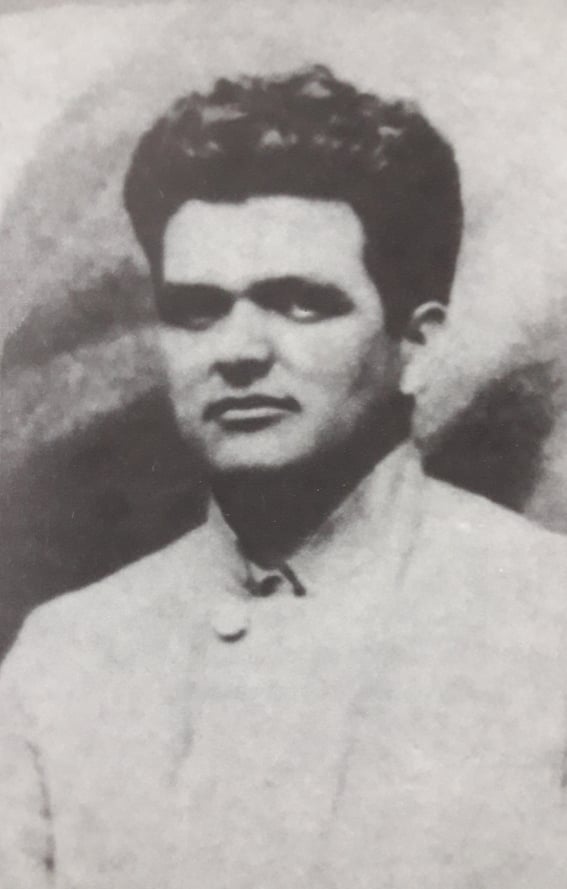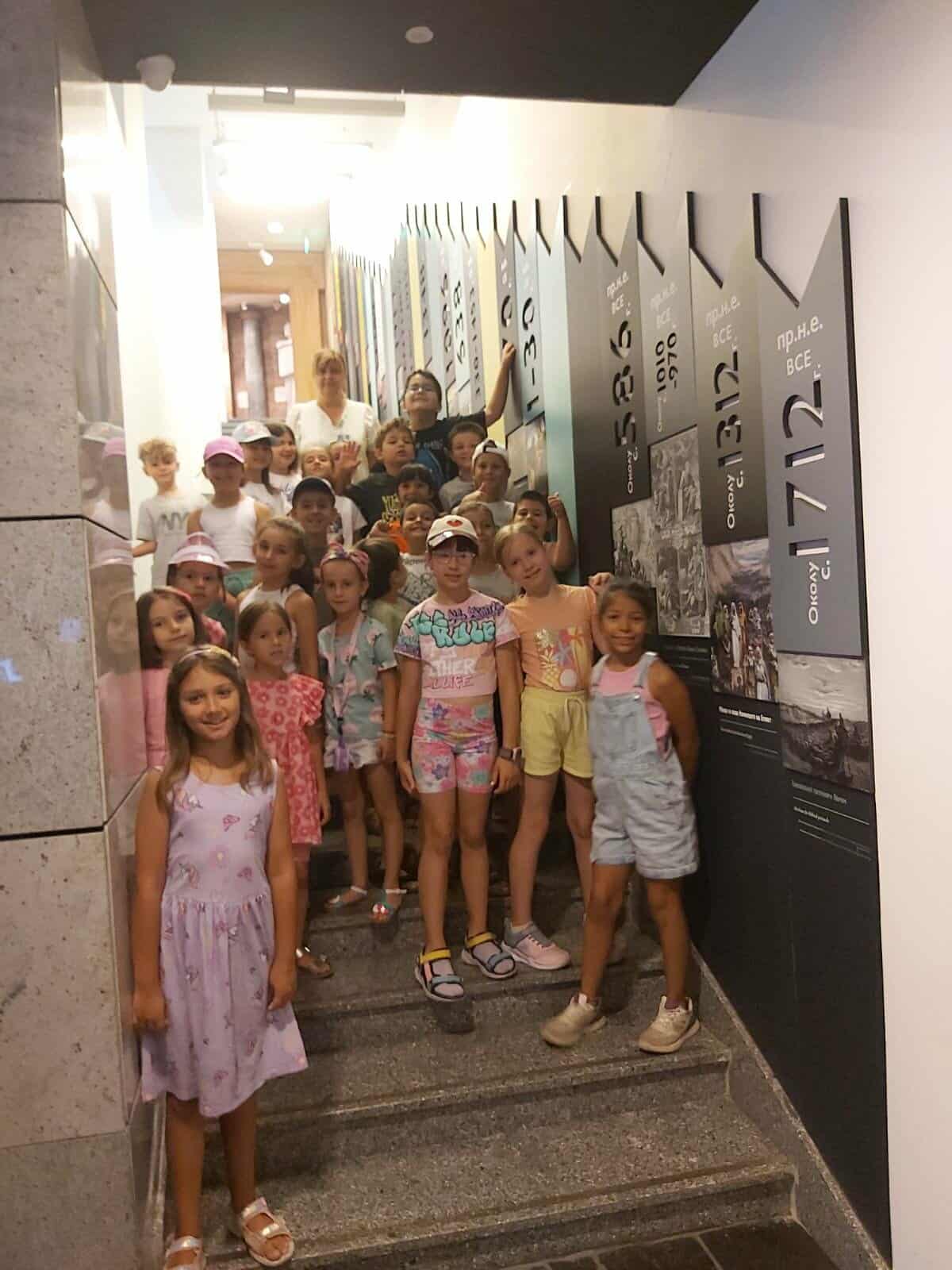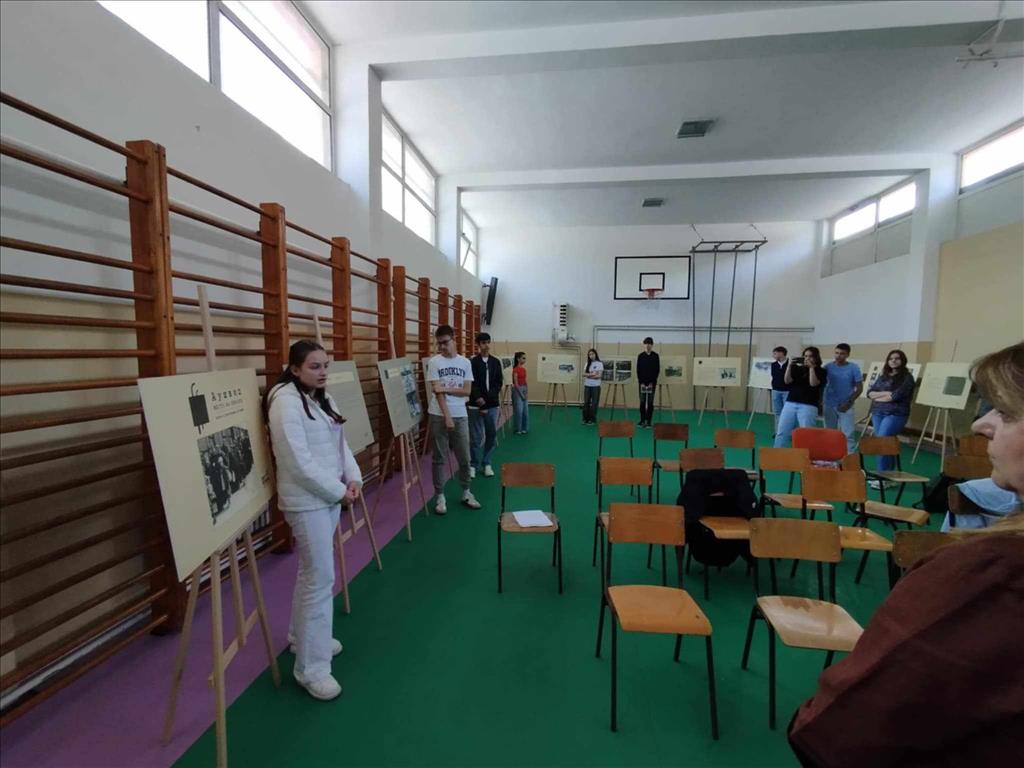RAFAEL JOSEPH BATINO

Rafael Joseph Batino was born on 14 January 1910 in Bitola. He comes from a wealthy Jewish family of father Joseph Batino and mother Rebecca Kolonomos. He completed his primary education in his hometown, after which he enrolled in the French lyceum, which he completed with excellent success. After graduating from secondary education, his father sent him to their relatives in Mexico, where Raphael continued his education at the Mexican Technical University, and at his father's insistence, he was also learning trade. Since Rafael was not interested in trade, he earned his living by teaching mathematics in high schools in Mexico, which gave him the opportunity to understand the social conditions and the position of workers in society. This was crucial to his involvement in the workers' and communist movement and he became a member of the Marxist Circle of the Technical Faculty. His activities and engagement did not go unnoticed by the Mexican police who was fighting the communist movement, so after his activity was registered and discovered, his stay in the country was canceled and he was expelled from Mexico in 1934 as a dangerous communist.
After returning to Bitola, Rafael continued his revolutionary activities to achieve the goals he chose and was giving lectures on various topics. During this time he also worked as a volunteer at the “Friends of France” Club, which allowed him, under the guise of lectures on French literature, to spread Marxist ideas and propagate the struggle against the coming Fascism and Nazism. He was in continuous contact with the Jewish youth of Bitola and was encouraging the development of activities against the measures imposed by the dictatorial Yugoslav regime.
Influenced by Rafael, his sister Julie Batino embraced the leftist ideas and became president of the Women's International Zionist Organization in Bitola (WIZO), through which, with the mediation of Rafael, donations and contributions were collected for the fighters in the Spanish Civil War.
Due to the family circumstances and the sudden death of his father, Joseph Batino, Rafael found work and moved to Skopje, while his mother and two sisters, Julie and Amy, left for Zagreb.
In Skopje, Rafael worked for one of the insurance companies, joined the Communist Party and became actively involved in the creation of party communist cells, in training and massing them with new activists, educating party cadres and more. The pre-war Skopje was center of the economic life, and the economic opportunities in the Kingdom of Yugoslavia contributed to the development of the trade union movement and sparked a wave of strikes, and Rafael Batino was undoubtedly part of this activity. Illegal meetings of prominent communists from Skopje were held regularly at his home. In 1936, the Skopje party organization was busted, after which the police discovered the revolutionary activity of Rafael, and after a search of his home compromising materials related to communist activity were seized, thus sending Rafael to the Sremska Mitrovica prison.
At that time, the Sremska Mitrovica prison was the place in which the regime was putting the political opponents of the royal regime. So, at the same time, besides Rafael Batino, other prominent activists of the Communist Party of Yugoslavia, such as Mosha Pijade, Rodoljub Colakovic, Strahil Gigov, Bane Andreev and others, were also imprisoned. However, the prison did not change Raphael's political convictions, and through the contact with other prisoners it only strengthened his revolutionary Marxist determination. Rafael was a polyglot and was actively involved in translating Marx's "Capital" into Macedonian as well as other leftist literature. Due to his political activity in the prison, he was often the victim of interrogations and tortures, because of which he suffered a permanent disability in his right leg.
After the break-up and capitulation of the Kingdom of Yugoslavia in April 1941, the Sremska Mitrovica prison fell under the Ustasha administration of the Independent State of Croatia (NDH), and their intention was to hand over to the Gestapo the leftist prisoners. This prompted the prisoners to organize, in the summer of 1941, an escape from the prison, to move to Frushka Gora and join the Posavina partisan detachment, and from there to the free territory of Uzhice. Rafael Battino was not able to join the partisan units on the ground, because of his health condition, so he was directed to carry out political activities in the background on the territory of Sandzak. Upon his arrival in Nova Varosh, Rafael was appointed a member of the regional committee of the KPJ. Here he took over the identity of Misha Cvetkovic, after whom he was known until the end of the war and many years later. Shortly afterwards, he was appointed secretary of the Nova Varosh district committee and on 23 May 1942, by decision of the General Assembly of the National Liberation War of Serbia, he was appointed political secretary of the KPJ district committee for Sandzak.
On 9 July 1942, while performing party duties, Rafael Batino, along with other brothers-in-arms, was captured by the Chetnik movement and was handed over to the Italian fascist forces. On 12 July 1942, in the town of Plevlje in Montenegro, Rafael Batino and his brother-in-arms Veljko Kozhic were executed by a firing squad.
During his involvement in the partisan units, Rafael Batino worked under the pseudonym Misha Cvetkovic and none of his comrades knew his real name or origin, and even on the memorial plaque of the victims in Plevlje he was named as Misha Cvetkovic. It was not until 1975 that a research article was published in the newspaper Politika, which finally revealed the true identity of Misha Cvetkovic, that is, Rafael Batino.A street in the Hrom neighbourhood is named after him.
Share: << Back
Any help from you is more than welcome.
Donate to continue with the successful work and education




